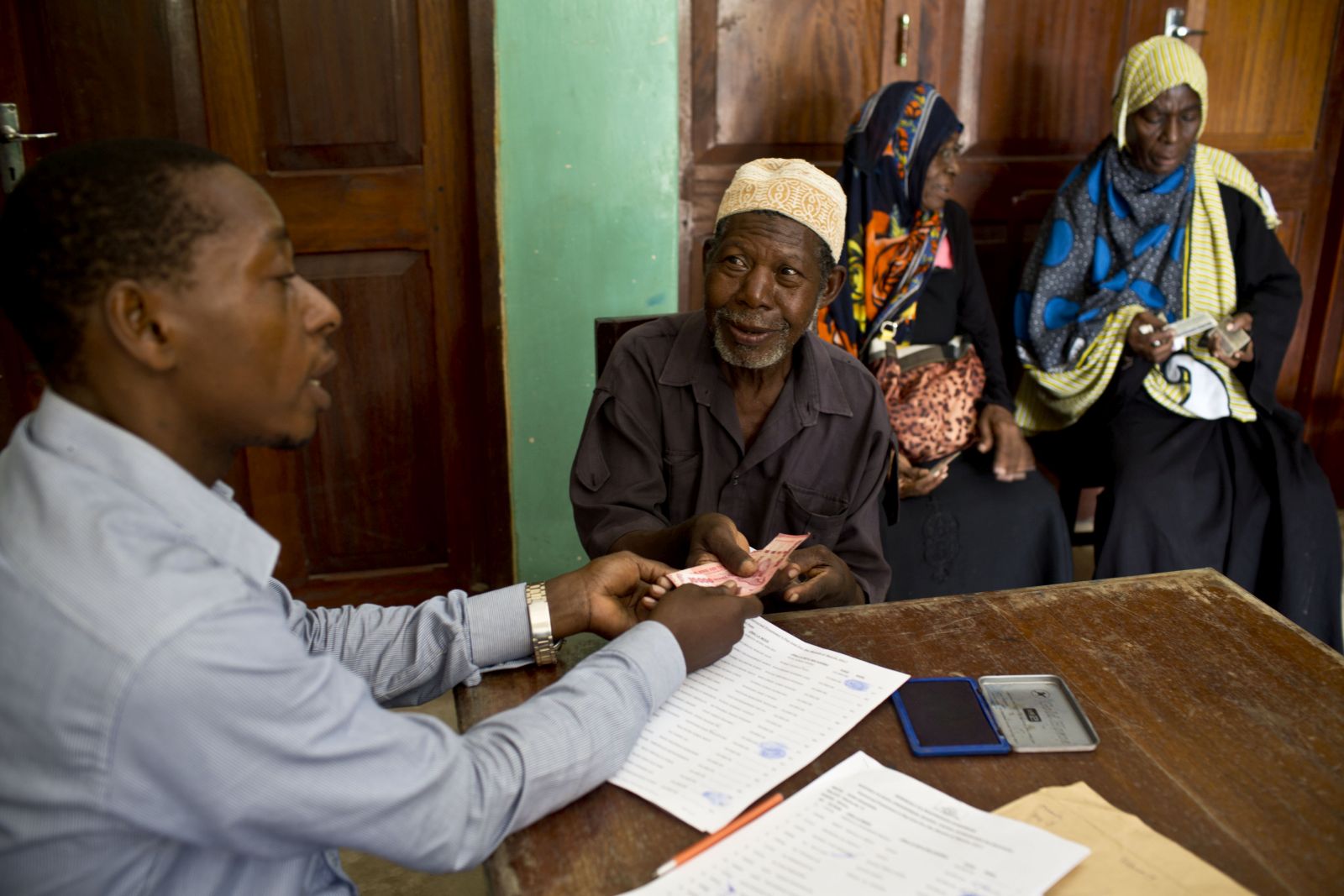Oxfam scandal
#MeToo in the aid sector

Conservative activists enjoy it when supposed do-gooders are caught not doing good. It has been made public that Oxfam staff working in Haiti immediately after the devastating earthquake of 2010 paid women to participate in sex parties. Apparently, underage girls were involved too. Prostitution is illegal in Haiti.
What does this tell us about Oxfam? Well, certain individuals are guilty of misconduct. All Oxfam managers now say that such behaviour cannot be excused. Penny Lawrence, Oxfam’s deputy leader in Britain, has resigned. Marion Lieser, the executive director of Oxfam Germany, has said that what happened “flies in the face” of what Oxfam stands for: “This is a slap in the face for many people who donate money, time or goods to Oxfam.”
Oxfam must live up to the high ethical standards it preaches. The management must now answer some uncomfortable questions. The top leaders knew what happened in Haiti and even commissioned an investigation 2011. However, they made no public statements. They now argue they did take action by firing other staff members. Others are said to have quit the agency before being fired. Haiti’s police was not informed however.
Oxfam managers are now doing their best to control the damage. They pledge to improve their agency’s culture. An independent committee is to be set up to assess sexualised violence and sexual exploitation in the Oxfam context. Moreover, the leadership promises to invest money in – and commit resources to – protecting people from harassment, exploitation and sexual abuse.
It remains to be seen whether Oxfam’s public image can be restored. What is obvious, however, is that the scandal concerns all aid agencies rather than Oxfam alone. The British government and the European Commission are reconsidering their funding for Oxfam. Tax money contributes almost 50 % to Oxfam’s annual budget of € 461 million. Private donors, of whom many are now deeply irritated, contribute the rest. It hardly consoles anyone that no donor money was allegedly spent on sex.
If Oxfam staff do something like this, what about many other, smaller agencies? Right-wing activists now argue something is wrong with ODA in general. Depressingly, there have been incidents of sexual abuse in Chad and even in British Oxfam shops. Medecins sans Frontiers and other NGOs have also disclosed misconduct of staff.
The Oxfam scandal is now being used to launch an attack on aid. Britain is one of the few industrialised nations living up to the decades old UN pledge of investing 0.7 % of gross national income in ODA. Jacob Rees-Mogg, a right-wing member of the Tory party, now wants aid to be cut in order for more money to be spent on needy people in Britain.
To thwart such attacks, development agencies need a new culture of transparency. Sexual abuse is unacceptable everywhere – whether in Hollywood, business, government, churches or civil-society organisations. However, human misconduct is not entirely preventable. That is especially true in settings where some people are much richer and more powerful than others.
It compounds the problems that some women and girls in desperately poor countries hope to escape the misery by marrying an expat and will be eager to please him any way he wants. Development agencies must be particularly careful. Moreover, they must create platforms so victims can make their suffering known without fear. Let’s hope that Oxfam will now set the right example.
Sabine Balk is a member of the D+C/E+Z editorial team.
euz.editor@fazit-communication.de














